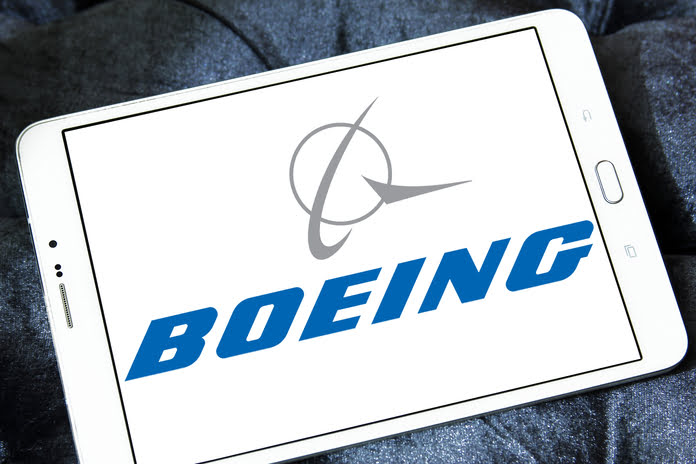Boeing (NYSE:BA) CEO Dave Calhoun faced intense questioning from U.S. senators on Tuesday about the company’s safety record. The hearing, before the Senate Permanent Subcommittee on Investigations, overshadowed Calhoun’s apology to the families affected by two fatal 737 MAX crashes and his acceptance of responsibility for a recent mid-air emergency involving an Alaska Airlines jet.
Republican Senator Josh Hawley confronted Calhoun, questioning why he hasn’t resigned and accusing him of “strip-mining” the company while receiving a multimillion-dollar pay package.
This was Calhoun’s first appearance before lawmakers, drawing attention to Boeing’s tarnished safety reputation and the impending CEO change.
Boeing’s stock fell nearly 2%, closing at $175.03 on Tuesday.
Calhoun acknowledged that the January 5 incident involving an Alaska Airlines door plug resulted from a manufacturing defect. He also took responsibility for the software system linked to the 2018 and 2019 crashes in Indonesia and Ethiopia, which killed 346 people combined.
“I am here to answer the questions. I am here in the spirit of transparency and I am here to take responsibility,” Calhoun said as he entered the hearing room.
Senator Richard Blumenthal, chair of the subcommittee, called for the U.S. Justice Department to prosecute Boeing, citing overwhelming evidence. In May, prosecutors found Boeing failed to enforce a compliance and ethics program as part of a deferred prosecution agreement following the crashes. The Justice Department has until July 7 to decide on further actions.
Last week, Boeing informed the Justice Department that it did not violate the deferred prosecution agreement, which had protected the company from criminal charges related to the crashes.
Blumenthal also revealed that a new whistleblower, Sam Mohawk, a quality assurance investigator at Boeing’s 737 factory in Renton, Washington, reported systemic issues with documentation and accountability of nonconforming parts. Mohawk’s claims have been filed with the Occupational Safety and Health Administration.
Boeing stated it is reviewing these claims and emphasized its commitment to safety, noting an increased quality team and more inspections per airplane since 2019.
Blumenthal described the hearing as a “moment of reckoning” for Boeing, urging the company to prioritize future generations over immediate profits.
Since the January 5 incident, scrutiny from regulators and airlines has intensified. The National Transportation Safety Board reported that four key bolts were missing from the Alaska Airlines plane, prompting a criminal investigation by the Justice Department.
On May 30, Boeing submitted a quality improvement plan to the FAA, following directives to address “systemic quality-control issues.” The FAA has barred Boeing from expanding MAX production until these issues are resolved.
Featured Image: Megapixl© Mohammedsoliman4_5









